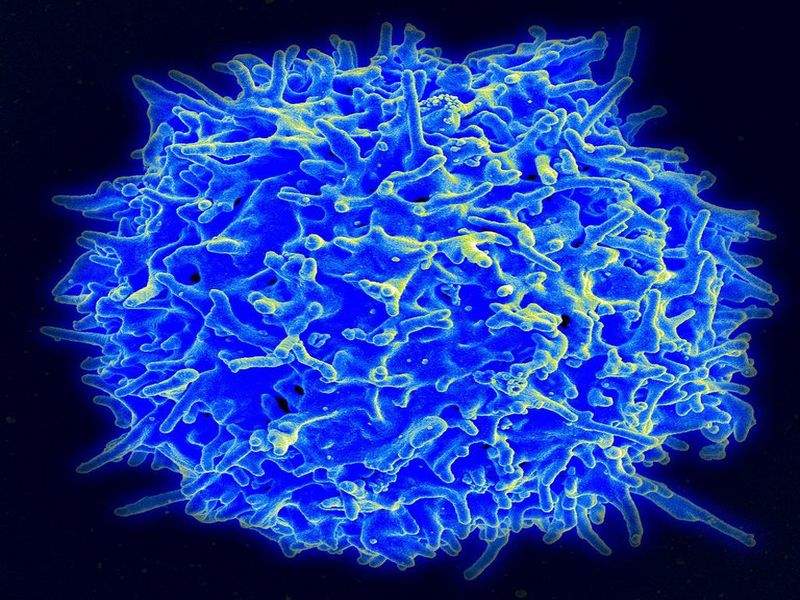

Biopharmaceutical company Parvus Therapeutics has entered a licence and collaboration agreement with Novartis for its lead, Navacim, to treat type 1 diabetes (T1D).

Discover B2B Marketing That Performs
Combine business intelligence and editorial excellence to reach engaged professionals across 36 leading media platforms.
T1D is caused by a chronic, progressive autoimmune response against the insulin-producing beta cells of the pancreas, resulting in insulin-deficiency and high blood glucose levels.
A novel pharmacological class of therapeutic, Navacims consists of nanoparticles (NPs) coated with disease-relevant peptide-major histocompatibility complexes (pMHCs), which can alter the behaviour of disease-causing T lymphocytes.
Under the agreement, Novartis will receive exclusive global rights to use Parvus’ Navacim technology to develop and commercialise products for the treatment of T1D.
Novartis will also carry out clinical-stage development and commercialisation of the drug.

US Tariffs are shifting - will you react or anticipate?
Don’t let policy changes catch you off guard. Stay proactive with real-time data and expert analysis.
By GlobalDataParvus will continue the ongoing preclinical work for the T1D programme and file IND in collaboration with Novartis through a joint steering committee.
Furthermore, Parvus will receive an upfront payment, research funding and product royalties.
Novartis has already made an equity investment in Parvus, which is also entitled to receive downstream development, regulatory and sales milestone payments.
Parvus CEO Janice LeCocq said: “This is a transformative collaboration for Parvus. We are excited by this strong endorsement of the science behind our Navacim platform, as well as the opportunity to collaborate closely with a globally recognised leader in the field of immunology and autoimmune disease.
“This will augment our resources across the Navacim platform and accelerate the development of our T1D programme.
"We are also pursuing the development of multiple Navacims that target autoimmune diseases where there is a high unmet need for disease-modifying drugs without causing systemic immunosuppression.”
In preclinical models, Navacims have exhibited the ability to restore immune tolerance in a disease-specific manner through in vivo formation and expansion of regulatory T-cells (T-regs) without causing general immune suppression.
T1D Navacims, which have an iron oxide nanoparticle conjugated with multiple copies of a peptide derived from a pancreatic autoantigen, are designed to achieve their therapeutic effect by reprogramming cognate pathogenic T-cells into tissue-specific beneficial T-regs.
These T-regs identify and suppress the autoimmune disease-causing immune cells without affecting other immune cells and increasing the risk of infection.
The incidence of T1D is commonly diagnosed first in children and young adults. According to Parvus, 1.25 million Americans have T1D and the number is steadily increasing.
Image: Scanning electron micrograph of a human T lymphocyte (also called a T-cell) from the immune system of a healthy donor. Photo: courtesy of NIAID/NIH.




